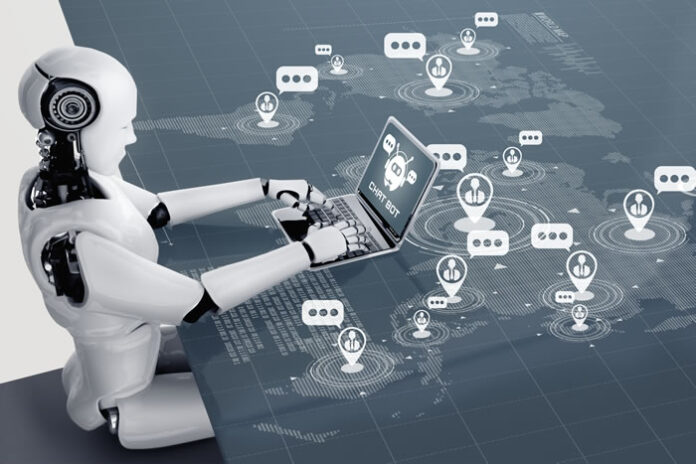For decades, the shift towards Ecommerce has continued steadily across the globe, with growth consistently outpacing (and eating into) bricks and mortar retailing. The COVID pandemic has simply accelerated that shift. This is why gaining the AI edge is critical in ecommerce.
Yet many consumer goods companies are still behind the curve in their use of technology.
Ecommerce moves at a different pace to traditional retail. Trends can manifest themselves more quickly.
Ella, my 12-year-old daughter, has illustrated this point to me several times during the past year. It begins when she shows me her phone and says, “look daddy, check out this new arts-and-crafts or room decor video on TikTok.” Then, like clockwork, I see the same item trending two weeks later on Amazon. No matter how many times I observe this, I am always amazed. It’s so important we recognize that AI edge is critical in ecommerce.
Detecting New Trends
Although the Ecommerce landscape moves quickly, the business also offers a large digital footprint from which to gather and analyze data. E-commerce platforms offer a potential treasure trove of data. In theory, organizations can use that data to monitor changing consumer preferences, market dynamics or competitor behavior. However, to do so they need the right tools.
Bridging the technical gap
Artificial intelligence can play a key role in helping companies conquer the new digital battleground. AI thrives on processing ever larger quantities of data, and creating advanced analytics to better understand buyer behavior, competitive threats, or market trends. But leveraging AI has typically required specialist skills that are costly to acquire. Even companies that have the budget to hire teams of IT and data specialists (with the ability to code AI algorithms and automate data pipelines) often struggle to bridge the knowledge gap between executives that understand business requirements and technical experts that understand technology.
That means most consumer goods companies are faced with a difficult dilemma. They need to arm decision makers with the right data and advanced analytics, but do not want to build everything from scratch.
Catering to diverse use cases
In any organization that relies on Ecommerce, there are a growing number of citizen data analysts – individuals who need to make decisions based on data but are neither data scientists nor engineers. Depending on their role, these citizen analysts will seek answers to different questions. They could be salespeople that want to monitor competitors’ pricing strategies, marketing executives looking at how best to direct the advertising budget, or even product executives looking to identify new trends and features that are proving particularly popular.
The technical capabilities required to answer these questions may be well understood (natural language processing, the ability to cluster relevant data types, detect patterns and anomalies, or orchestrate data pipelines and schedule automated runs). However, the application of those technologies requires both an understanding of business context and significant technical resources, which typically makes in-house development not a viable option.
The need for a user-friendly AI platform
To addresses these challenges – the technical skills gap in using AI (and applying it in a business context), and the need to cater to diverse requirements – companies need a platform that is both user-friendly (requires no programming) and flexible. Thus, AI edge is critical in ecommerce to assist with the challenges.
Such a platform would need to provide simple integration with input data sources, a wide collection of data enrichment and analytics algorithms, the ability to connect those algorithms into customized analytics workflows, and an automation engine to orchestrate scheduled runs.
These core capabilities should help to ensure that business users are not beholden to technical experts or limited by their organization’s engineering resources. The goal should be to empower them with the means to use artificial intelligence to digest vast volumes of data, define their own analyses, and leverage customizable, pre-set models to generate insights that offer a tangible benefit to their business.
AI edge is critical
As Ecommerce continues to grow and competition becomes fiercer, consumer goods companies stand at a crucial crossroads. They know that the key to conquering this vital battleground lies in acquiring as much data as possible and analyzing it to make better informed decisions. But they face a challenging skills gap that can only be overcome with the right platform.















